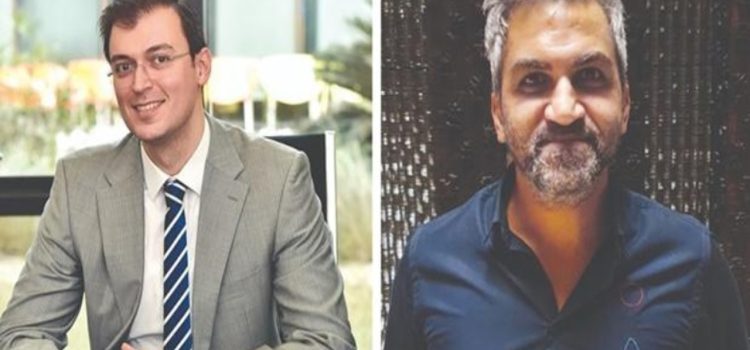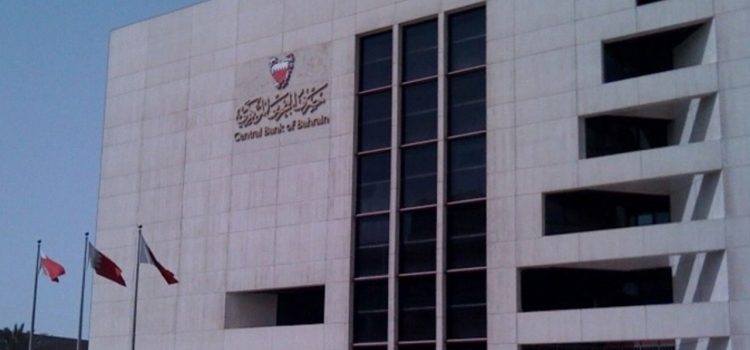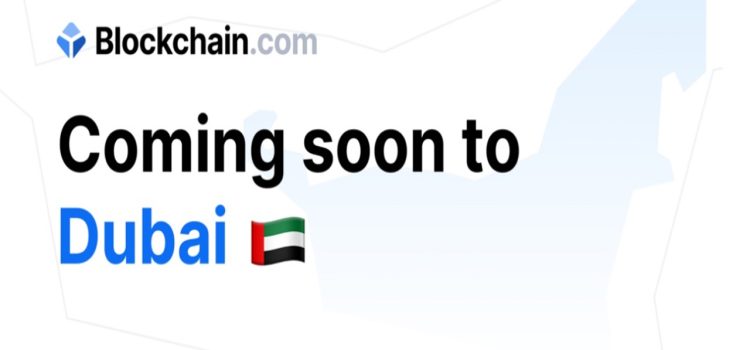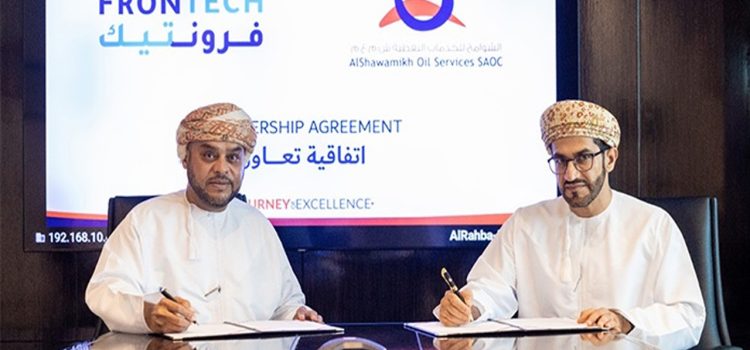
Two professors at Qatar university came together to build a blockchain network from scratch that would not only be utilized as a ledger but also as a super computer. They named it Maxya given that its consensus mechanism creates added value by solving optimization problems for business.
Lebanese-Canadian national Mazen El Masri, Co-Founder and CEO and Syrian-French national Karim Yafi, CO-Founder and CTO, of Genesis Technologies, the tech company which developed Maxya, both Associate Professors at Qatar University started their project three years ago with a $2.6 million fund for an applied research program from Qatar National Research Fund, today they have launched MaxYa test net and are testing it with Qatar’s local sectors.
The duo developed their consensus mechanism which they called “Proof of Useful Work”. The Proof-of-Useful-Work (PoUW)” is an alternative mechanism for transaction validation that repurposes the squandered computing resources to beneficial use. Their main premise was to replace the mathematical puzzle, which constitutes a fundamental part of the (PoW) Proof-of-Work mechanism, with NP-hard optimization problems whose solutions benefit the participants of the blockchain.
The PoUW prototype received interest from investors and customers which led Qatar University to register its Qatar University Holding Company (QU Holding) as a commercial umbrella for supporting the spinoffs of QU faculty. Genesis Technologies is their first spin off. Qatar University currently owns 10 percent of Genesis Technologies.
Al Yafi explained to Laraontheblock the nature of their PoUW platform, “We wanted to develop a blockchain where the computation power necessary to maintain the validation of Blockchain to solve useful problems would give the blockchain a meaning beyond just hash values. Instead of spending a huge amount of energy and computation power to create a block, which once created is useless, we want to use the computation power for something useful, where miner who finds the solution, i.e. the block, gets rewarded.”
Maxya blockchain platform, which can be a permission or permissionless based blockchain, solves very difficult mathematical optimization problems. Examples can include portfolio optimization, scheduling, supply chain management routing, optimizing port operations, genetic sequencing and precision medicine and many more s. As Al Yafi explains, “The problem is given to the miners that then compete fairly amongst each other to solve it, it includes trial and error, and there is a randomness which keeps the network fair. The First miner to come up with a useful solution is rewarded. The Solution becomes part of the block. It is very secure because in order to hack the blockchain they have to solve all the problems that will happen after the block is hashed.” The first use case for Maxya PoUW was a useful output for a maritime transportation problem.
An interesting feature of Maxya blockchain is that anyone with a regular laptop can participate as a node. So whether you have a supercomputer or a laptop both can equally compete. El Masri states, “For the first time it is not the one with the better hardware that has a better chance of mining a block, but it is more democratic, everyone has a chance. This method reduces energy consumption which is good. But MaxYa becomes carbon negative when its consensus mechanism solves optimization problems in industries like supply chains and logistics. We proved that MaxYa can minimize the movement of cargo ships and at the same time reduce shipping cost and time on shippers. This is when MaxYa can become carbon negative. We are carbon negative because not only do we use minimum energy we also offer a useful solution which offsets the energy we do use. If launched with sufficient optimization problems to solve, MaxYa can use less energy than Polygon.”
Currently, Maxya Blockchain can carry out around 300 transactions within 8 seconds. While the block is heavy because it contains the solution being worked on, the team is compressing the data to make it lighter. Transactions happen on-chain, while data files are embedded in Maxya’s off-chain distributed cloud system.
Maxya’s prototype is in test net phase using a logistics problem. Yafi tells LaraontheBlock, “We are planning to utilize Maxya for logistics optimization with partners in Qatar. We also plan to help optimize stowing on ports. At the same time we are in conversations with entities in the USA to optimize sequencing for precision drugs and in Canada to launch MaxYa globally. Maxya can solve a range of problems. This means the value of Maxya as a blockchain is not just in managing transactions, but providing valuable solutions. It is a ledger and a decentralized computer.”
The founders envision that Maxya will be the blockchain that can fully support Web3 environments, given that miners are incentivized and the more the incentives the more sustainable the blockchain. Eventually both founders believe that at some point Maxya will move to become a public blockchain, with an open source code and Genesis Technologies will continue to build solutions on top of Maxya.
Al Yafi states, “ At the moment Maxya’s source code is closed as we register a couple of IPs and patents, but in the future if we want it to grow, we will have to make it public, Genesis technology will continue to be a part of the community, and we envision both private and public versions of Maxya.”
In terms of the recent Qatar Blockchain Blueprint, Yafi emphasizes, “We are at the center of this initiative and have been for the past five years, we have partners and strong cooperation from Qatar Financial center and various Ministries.”
Henk Jan Hoogendoorn, Chief Financial Sector Officer at Qatar Financial Centre Authority stated on LinkedIn, ” We are very proud of Qatar’s Blockchain development called Maxya, developed by Genesis Technologies and Qatar University and their team. Qatar Financial Centre ( QFC) and Qatar Fintech Hub are supporting them to commercialize Maxya to government and financial institutions.”

















